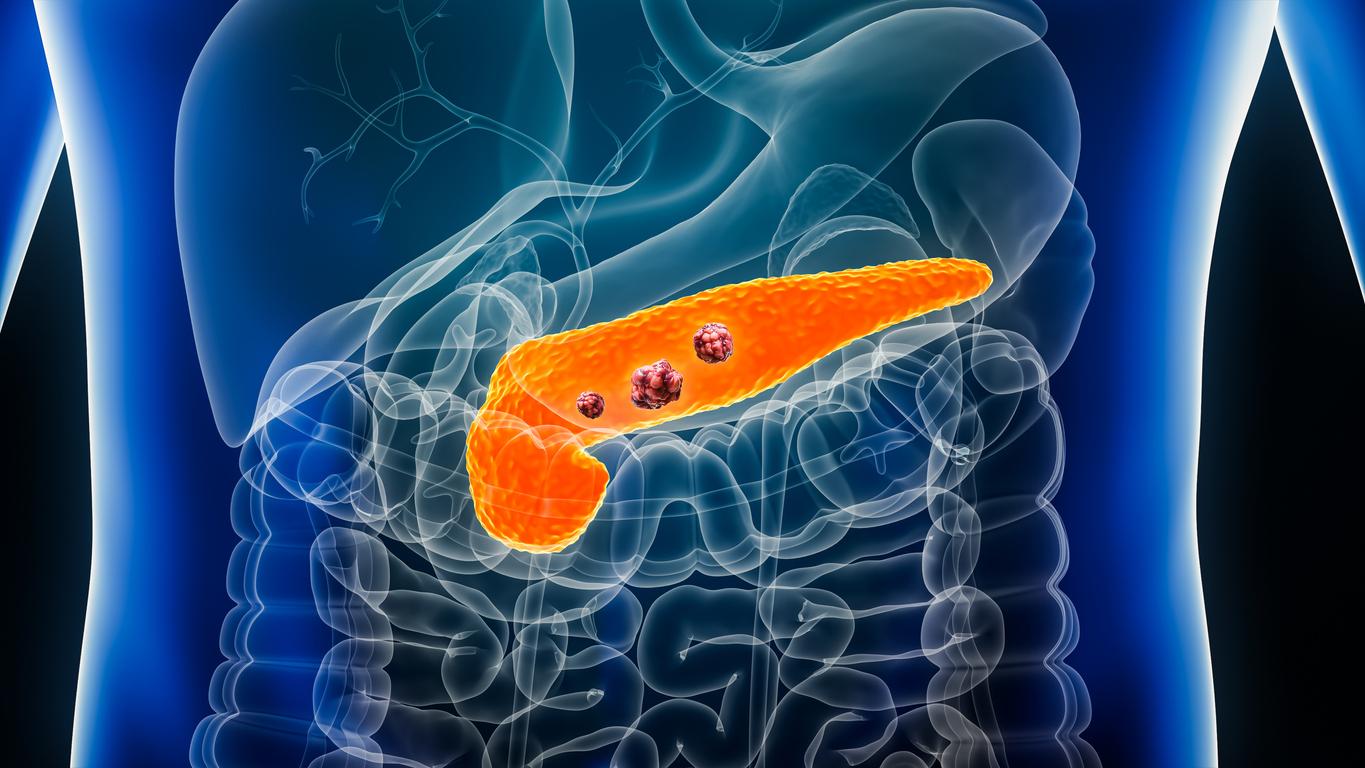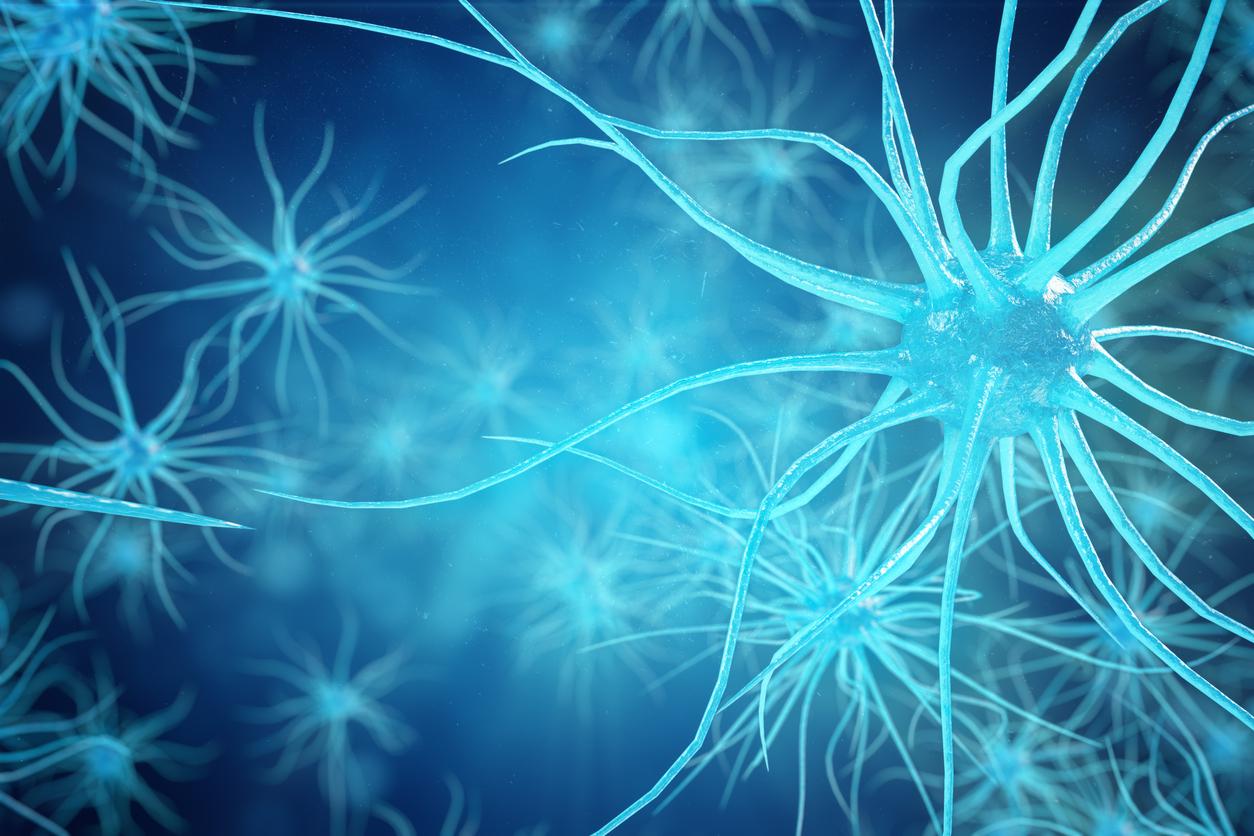An enzyme is believed to be responsible for the painful symptoms of irritable bowel syndrome, according to the results of a study published in the medical journal Gut. An essential discovery for all patients affected by this disabling disease.
Irritable bowel syndrome is a functional digestive disorder that often results in bloating, abdominal pain or diarrhea. It often requires following a restrictive diet that requires eliminating a number of foods that irritate the colon. Few treatments exist to relieve patients.
An enzyme responsible for bloating
Researchers from Inserm’s Toulouse unit in France have identified an enzyme involved in the irritable bowel syndrome (IBS). She could become the target of treatment to alleviate the symptoms of this disorder.
“Its causes are not clearly identified, and some of the most cited – such as a past infection or stress – remain out of our reach anyway. The idea is therefore to look for the mechanisms inducing symptoms to intervene at this level “explains Nathalie Vergnolle, who heads the Institute for Research in Digestive Health, in Toulouse.
The researchers conducted a study on rats and identified an enzyme, trypsin-3, which is believed to act at two levels. It can make healthy animals hypersensitive to bloating and it increases the epithelial permeability (of the epithelium, the barrier between the intestine and the blood vessels). In view of these conclusive results, the researchers will launch new research to identify molecules capable of inhibiting the action of trypsin-3 and therefore of relieving patients. And understand if this enzyme plays a role in other pathologies linked to epithelial dysfunction, such as for example chronic inflammatory bowel disease.
“Trypsin-3 is the only one that does not have a natural inhibitor. On the contrary, it protects the other trypsins from their own inhibitors. Its normal role seems to be to amplify the proteolytic activity”, explains Nathalie Vergnolle.
Read also:
Psychotherapy relieves irritable bowel syndrome
Irritable bowel syndrome: vitamin D deficiency involved
Irritable bowels: the right diet


















